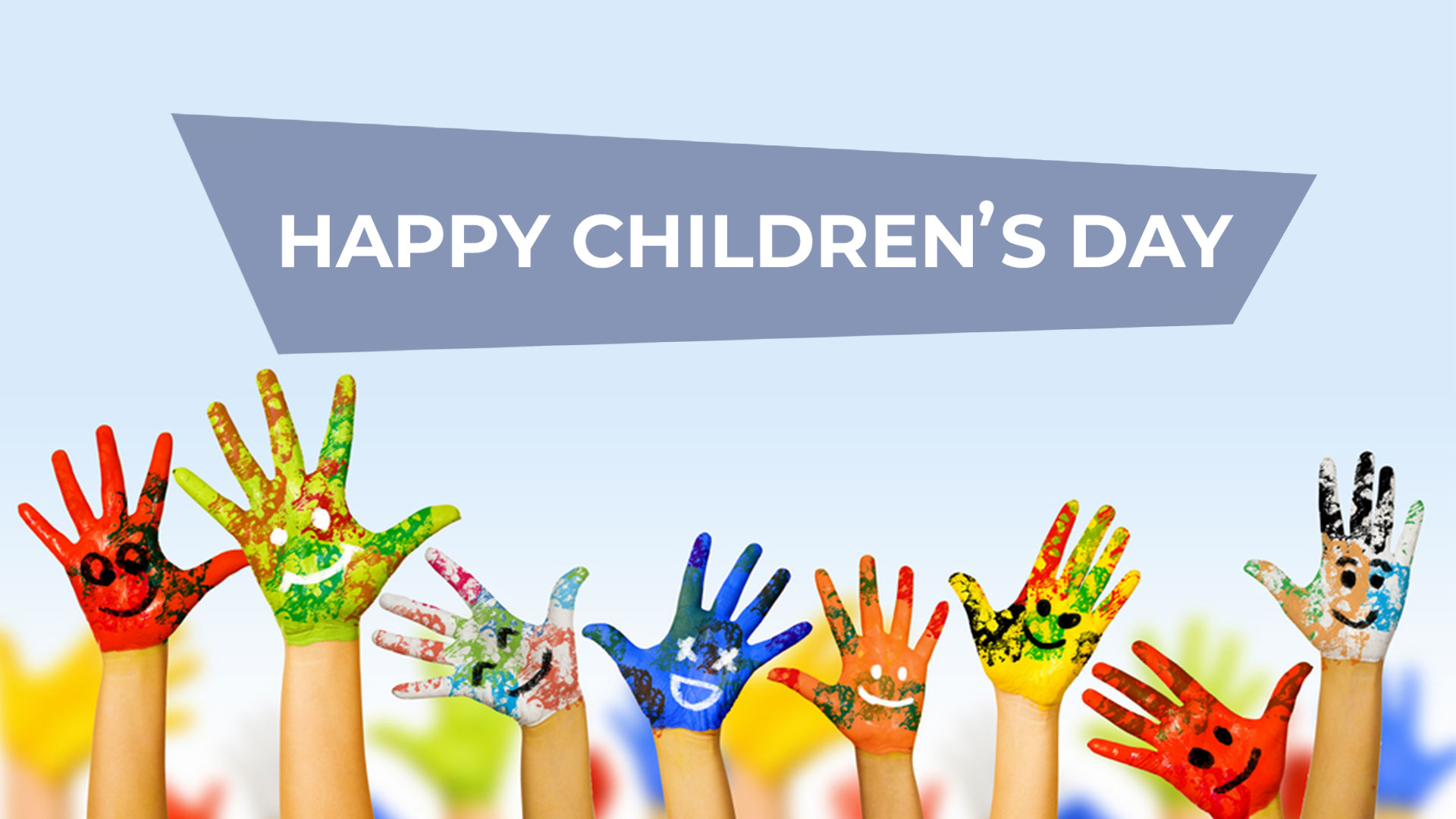
In 1954, World Children’s Day declaration, and we celebrate it every year to promote international cohesion on the importance of children’s rights and awareness.
Unfortunately, violations of our children’s rights continue to this day in a common way. However, diverse differences across countries, and around us, as we witness a gradual decline in several forms of violence against children’s rights.
All children have the right to settle despite differences, they have the right to live in homes and not in the streets!
Their right upon us is to eat food – and not to die out of starvation! (According to the UNICEF 2019-2020 study, 8,500 million children die of hunger every day!).
Teach your child
To give, to love wellness upon others, and to contribute.
Play with other children without considering their differences and have leniency towards it, teach your child that his/her attitude is the secret of a strong, pioneering and loving personality.
Compassion, empathy, and kindness for the other, teach them self-development.
Self-development, self-awareness, and self-love. Finally, educate them, train them and teach them about the Prophet’s (PBUH) daily habits and his Sunnah.
School-age is the most appropriate time for your child to learn, his ability to gain information is unparalleled, and will not go through this phase ever again in his life; 90% of the human brain development begins before the age 5, therefore the following years after the age 5 are the most fruitful.
This Universal Children’s Day, as the United Nations, marks the 31st anniversary of the concord on the Rights of the Children.
Here below are the main and important articles on child’s rights
Definition of a child
A child is any person under the age of 18.
The basic child rights
-
Name and nationality
Registration of children is a must when they are born and given a name that is officially recognized by the government. Children must have a nationality (belong to a country). Whenever possible, children should know their parents and they look after them.
-
Life and concrescence
Every child has the right to be alive. Governments must make sure that children survive and develop in the best possible way.
-
Health
Children have the right to the best health care possible, clean water to drink, healthy food, and a clean and safe environment to live in. All adults and children should have information about how to stay safe and healthy.
-
Family
Should not separate children from their parents unless they are not being properly looked after. Children whose parents don’t live together should stay in contact with both parents unless this might harm the child.
-
Education
Every child has the right to an education. Primary education should be free. Secondary and higher education should be available to every child.
Encourage children to go to school to the highest level possible. Discipline in schools should respect children’s rights and never use violence.
-
Expression of opinion
Children have the right to give their opinions freely on issues that affect them. Adults should listen and take children seriously.
-
Freedom & dignity
Children have the right to share freely with others what they learn, think and feel, by talking, drawing, writing, or in any other way unless it harms other people.
And other rights include the way to execute the above rights, maintaining children’s privacy, and providing them with comfort and well-being.
Children with special needs:
The children with special needs have a range of rights, set just as it is for a healthy child, as well as apply a range of other factors to ensure a decent life for them and maintain their dignity.
Children with special (health) need:
- Rehabilitate and qualify them enough to work in a range of training and free workshops, and using various means to enable them to access the educational process easily where it provides opportunities to ensure their participation in the development of society which allows them to sense their importance in the community.
- Equip all their devices and tools to help them perform their tasks easily.
- Provide appropriate health care and continuous research to find ways of preventing illness and to deliver medical and psychological treatment by their provincial state.
- Providing families of children with special needs with financial assistance to provide their supplies.
- Adapting the means, tools, and educational environment, so that the child does not feel disabled in the performance of daily school tasks.
- Monitoring a child’s medicine by taking into account the resulting side effects, such as hyperactivity, drowsiness, or even temporary depression.
- Processing and implementing appropriate educational activities and programs “acknowledge how to deal with physical disability in case of emergencies”.
World Child’s Day is not only about collecting gifts and preparing parties, but this day is to realize and celebrate our children’s importance upon building the nation and the impact of what we have provided and what we have not provided, and what we will offer.
On this special day (world children`s day), offering children an opportunity to flee their wings and fly to achieve their goals and ambitions.
Celebrating World Children’s Day through various activities and events that are specially provided for children in schools, and this annual celebration serves to motivate the child to realize his importance in society.
